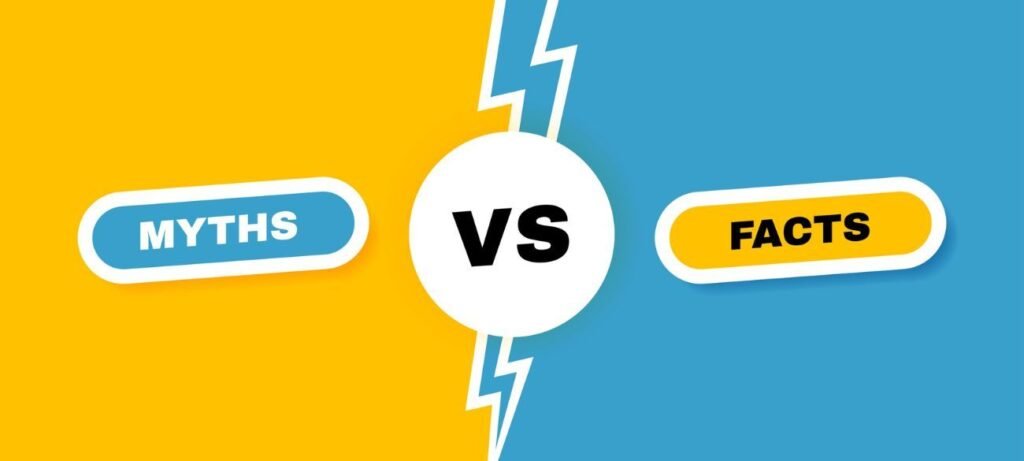Donating a car to charity can be a meaningful way to give back while potentially earning a tax deduction. However, myths around car donation and tax credits often leave people uncertain about how the process works or what they can expect. Here, we’ll debunk six common myths surrounding car donations and clarify the realities of this generous act.
Myth 1: Car Donation Always Leads to a Large Tax Deduction
Many people believe that donating a car automatically results in a substantial tax deduction. While you can indeed receive a tax benefit, the deduction amount depends on various factors, including the charity’s use of the vehicle. In most cases, if the charity sells the car, your deduction will be limited to the sale price. Only if the charity uses the car for charitable purposes, like transporting people or goods, can you deduct the fair market value. It’s crucial to research how the charity plans to use your vehicle to understand your potential deduction.
Myth 2: Any Charity Can Accept Car Donations and Qualify You for a Tax Deduction
Not every charity is qualified to offer tax-deductible donations. To be eligible for a tax deduction, your donation must go to a registered 501(c)(3) organization, recognized by the IRS as a tax-exempt, charitable entity. Donations to organizations that lack this status, such as political groups or certain private foundations, do not qualify for tax deductions. Always verify the charity’s tax-exempt status before donating your car if you’re looking to claim a tax credit.
Myth 3: You Can Claim the Kelley Blue Book Value for Your Car
Many donors assume they can use the Kelley Blue Book or similar guides to determine their vehicle’s value for tax purposes. However, the IRS has specific rules regarding valuation. If the charity sells your car, you can only claim the exact sale price as your deduction. You may claim the fair market value only if the charity uses the vehicle directly or makes significant improvements to it. It’s wise to consult IRS guidelines or a tax professional to accurately assess the value of your deduction.
Myth 4: Car Donation Is Complicated and Requires Too Much Paperwork
Another myth is that car donation involves lengthy and complex paperwork, deterring potential donors. In reality, most charities streamline the donation process and even assist with the necessary documentation. You’ll typically need a completed title transfer, a receipt from the charity, and an acknowledgment letter if your donation exceeds $500. The charity will also provide Form 1098-C, required by the IRS. While there is some paperwork involved, the process is usually straightforward and manageable.
Myth 5: It’s Better to Sell Your Car Than to Donate It
While selling a car can yield quick cash, there are benefits to donating it instead. For one, car donations save you the hassle of listing, negotiating, and handling the sale process. Additionally, a donation to a cause you care about can feel rewarding and may even yield a tax deduction. For those with older cars or vehicles that would require repairs before selling, donating may be simpler and potentially more beneficial.
Myth 6: Only High-Value Cars Are Worth Donating
Some believe that only expensive or newer cars are worth donating, but many charities accept vehicles in a variety of conditions. Even if your car isn’t in top shape, the organization might be able to sell it for parts or scrap metal. Each donation, regardless of value, can still contribute to the charity’s mission, and you can often receive a deduction for the amount the charity receives from the sale.
Final Thoughts
Donating a car can be a valuable way to support a charity while earning a tax deduction, but myths surrounding the process often create confusion. By understanding how the donation and tax deduction process works, you can make an informed decision and maximize the benefits of your generosity. Always verify the charity’s tax-exempt status, understand the IRS’s rules for deductions, and seek advice if you have questions to ensure a smooth and beneficial donation experience.



